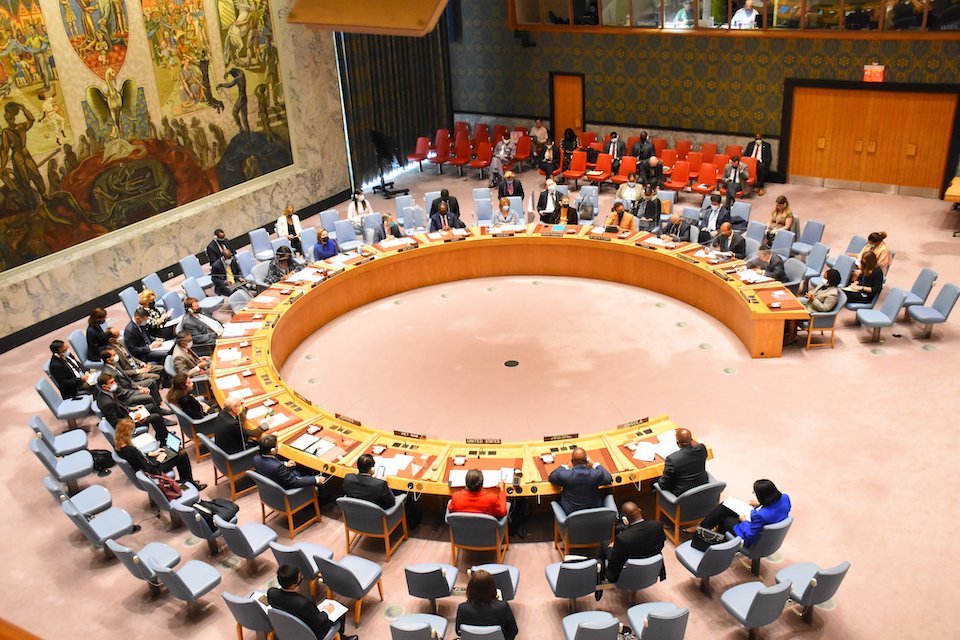Reaffirmed Commitment to Reforming the Security Council
Statement by Ambassador James Roscoe at the Security Council reform General Assembly debate.

Mr President
May I join others in congratulating Ambassador Al-Thani of Qatar and Ambassador Hermann of Denmark on their appointment as Co- Facilitators of the Intergovernmental Negotiations on Security Council reform. We are grateful to them for taking up this important responsibility and look forward to working with them in supporting and reinvigorating this process.
Today, I reaffirm the United Kingdom’s strong commitment to reforming the Security Council. The world has changed immeasurably since the Security Council’s establishment in 1946 and its most recent expansion in 1965. The Council must change too, to better reflect the world as we find it in the twenty first century, and to better respond to the threats to international peace and security that confront us.
Our position is well known, and is unchanged. The United Kingdom supports modest expansion of the Security Council in both permanent and non-permanent categories.
We support the creation of new permanent seats for India, Germany, Japan and Brazil, as well as permanent African representation on the Council.
We also support a modest expansion of the non-permanent category of membership, taking the Security Council’s total membership to somewhere in the mid-twenties.
These changes, we believe, would make for a more representative Security Council, better able to address challenges to international peace and security by drawing on the perspectives and the expertise of a wider range of the UN membership.
And, vitally, it is a model for reform that would preserve the Council’s ability to respond nimbly and decisively to threats around the globe.
Mr President
On the question of the veto, the United Kingdom has long maintained that disagreement in this area should not prevent progress in other areas where reform is possible.
For our own part, the United Kingdom has not exercised our right to use the veto since 1989. As supporters of the Accountability Coherence and Transparency group Code of Conduct, we remain committed not to vote against a credible draft resolution on timely and decisive action preventing or ending a mass atrocity, and we encourage all States, including other permanent members of the Council, to join with us in this regard.
Mr President
Before concluding, I will turn briefly to the upcoming Intergovernmental Negotiations of this session.
We remain fully committed to the Intergovernmental Negotiations process as a valuable mechanism for Member States to take the discussion on Security Council reform forwards. We will be engaging fully in the forthcoming discussions.
Nevertheless, as we have set out a number of times over the years, we continue to sympathise with those Member States that express concern and frustration over the lack of progress towards a substantive outcome.
We call for the initiation of text-based negotiations with the aim of achieving concrete outcomes within a fixed timeframe. And we remain open to all ideas for moving the process forward at an accelerated rate, including by formalising and recording the Intergovernmental Negotiations.
Mr President,
We look forward to working this year towards fulfilling our collective commitment to “instil new life” in the Security Council reform process.
Thank you.